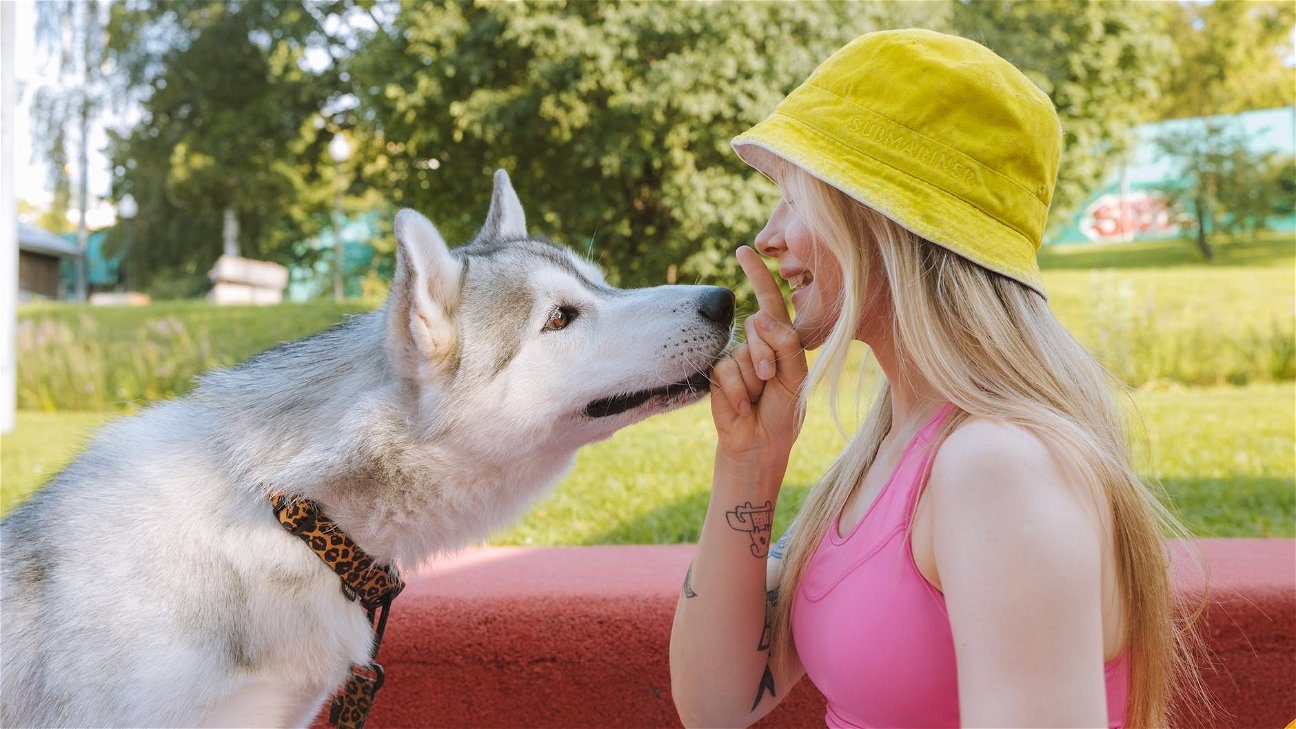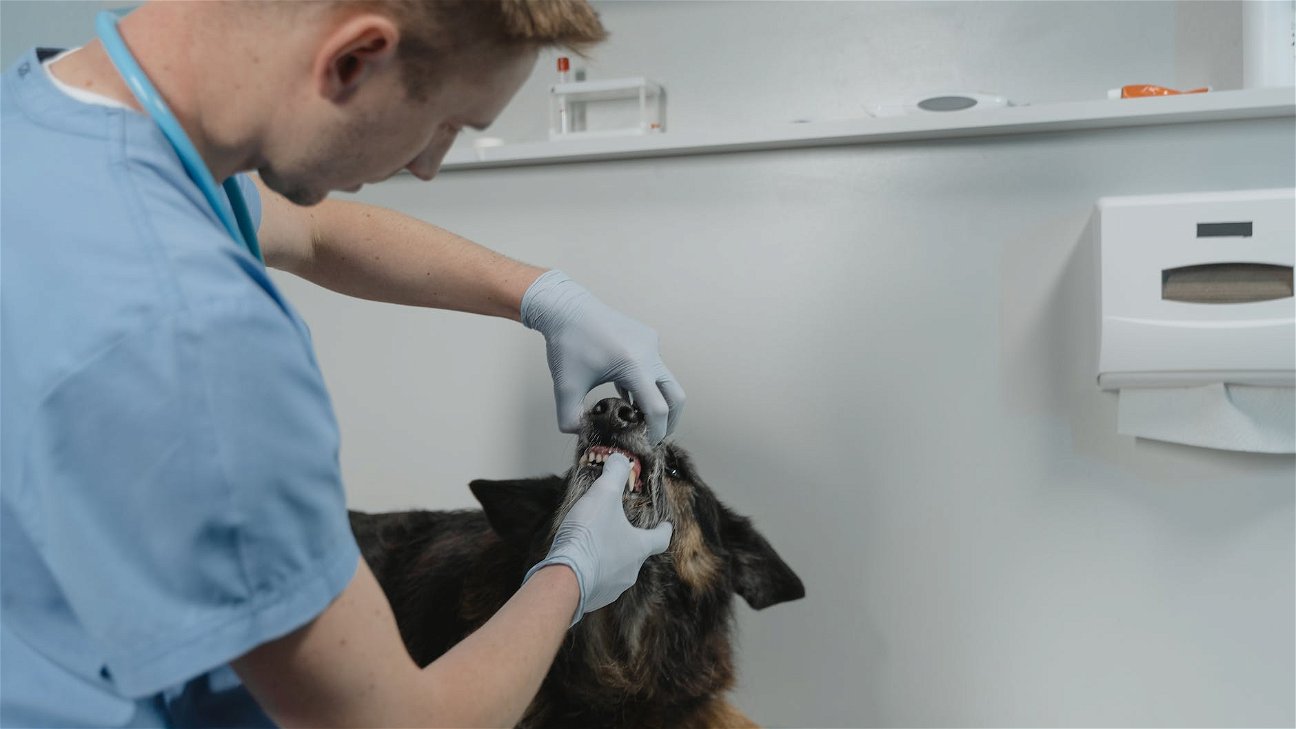
If you've noticed unusual behaviors in your pets lately, they might be signaling a deeper issue - anxiety. Pet anxiety can manifest in a variety of ways, and recognizing the signs early can make a world of difference for your furry friends. Here, we will discuss the 6 signs of anxiety in pets and provide some advice on how to manage it.
Recognizing anxiety in pets
Before diving into the signs, it's important to understand that anxiety in pets, just like in humans, can stem from a variety of factors. Changes in environment, separation from owners, or traumatic experiences can all trigger anxiety. Your task as a pet owner is to be observant and patient.
1. Excessive grooming
Your pet might be experiencing anxiety if they've been grooming themselves more than usual. This can result in bald spots or even injuries. If you notice excessive grooming, consult with your vet to rule out any physical health problems first.
2. Changes in eating habits
Anxiety can affect your pet's appetite. They might eat less, or in some cases, more than usual. If this behavior is prolonged, it's crucial to seek veterinary help.
3. Hiding or isolation
If your pet is hiding or isolating themselves more often than not, this could be a sign of anxiety. Pets typically do this when they feel threatened or scared.
4. Aggression
Anxious pets can sometimes become aggressive. This aggression could be directed towards other animals or humans. If your pet is showing signs of aggression, it's important to handle this with patience and understanding.
5. Destructive behavior
Pets dealing with anxiety may resort to destructive behavior. This could include chewing on furniture, shoes, or other items around the house. While this can be frustrating, remember that your pet is likely not doing this out of spite, but out of anxiety.
6. Increased vocalization
Increased vocalization, such as barking, meowing, or howling more than usual, can be another sign that your pet is anxious.
What to do if your pet is anxious
If your pet is showing one or more of the above signs, they may be dealing with anxiety. It's important to approach this issue with compassion and seek professional help if necessary. Here are a few tips on how to help an anxious pet:
- Remain calm: Your pet can pick up on your stress or anxiety, so it's important to stay calm and composed around them.
- Provide a safe space: Make sure your pet has a quiet, comfortable space to retreat to when they feel overwhelmed.
- Routine: Maintain a consistent daily routine. This can help to reduce the unpredictability that can cause stress in pets.
- Enrichment activities: Keep your pet mentally stimulated with toys, puzzles, and regular exercise.
- Professional help: If your pet's anxiety is severe or persistent, consider seeking help from a veterinarian or animal behaviorist.
Remember, every pet is different and what works for one might not work for another. It's all about understanding your pet's unique needs and doing what you can to make them feel safe and loved.










